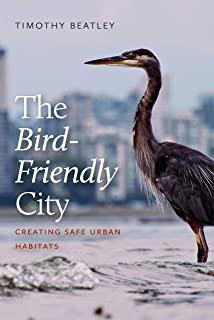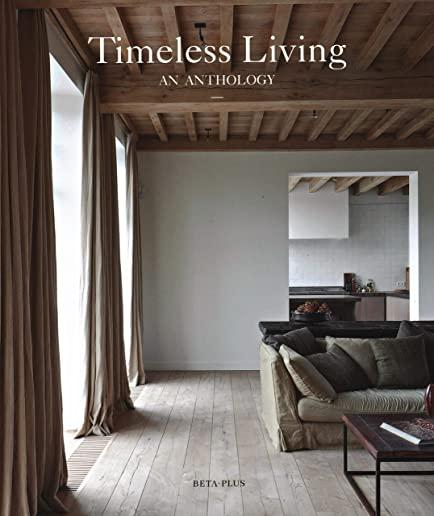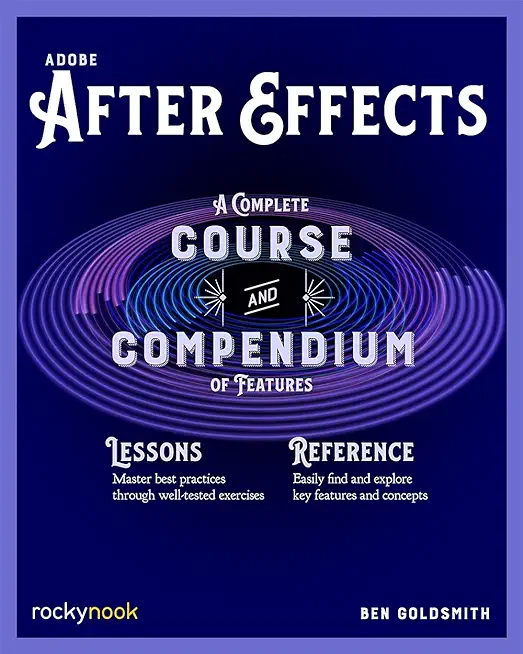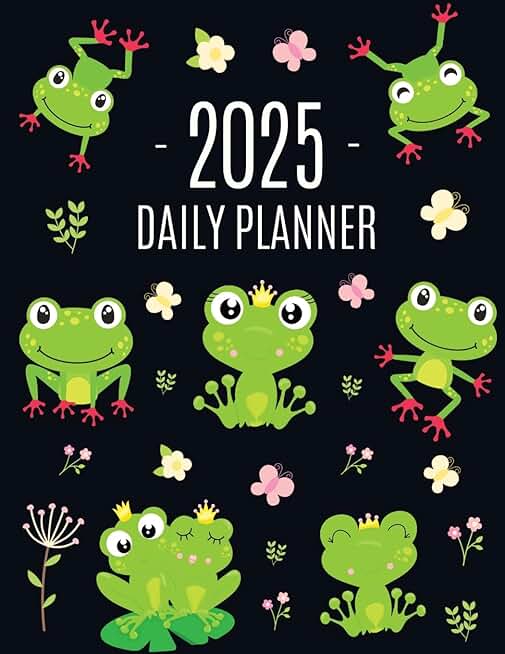
description
2How does a bird experience a city? A backyard? A park? As the world has become more urban, noisier from increased traffic, and brighter from streetlights and office buildings, it has also become more dangerous for countless species of birds. Warblers become disoriented by nighttime lights and collide with buildings. Ground-feeding sparrows fall prey to feral cats. Hawks and other birds-of-prey are sickened by rat poison. These name just a few of the myriad hazards. How do our cities need to change in order to reduce the threats, often created unintentionally, that have resulted in nearly three billion birds lost in North America alone since the 1970s? In The Bird-Friendly City, Timothy Beatley, a longtime advocate for intertwining the built and natural environments, takes readers on a global tour of cities that are reinventing the status quo with birds in mind. Efforts span a fascinating breadth of approaches: public education, urban planning and design, habitat restoration, architecture, art, civil disobedience, and more. Beatley shares empowering examples, including: advocates for "catios," enclosed outdoor spaces that allow cats to enjoy backyards without being able to catch birds; a public relations campaign for vultures; and innovations in building design that balance aesthetics with preventing bird strikes. Through these changes and the others Beatley describes, it is possible to make our urban environments more welcoming to many bird species. Readers will come away motivated to implement and advocate for bird-friendly changes, with inspiring examples to draw from. Whether birds are migrating and need a temporary shelter or are taking up permanent residence in a backyard, when the environment is safer for birds, humans are happier as well.
member goods
No member items were found under this heading.
Return Policy
All sales are final
Shipping
No special shipping considerations available.
Shipping fees determined at checkout.







